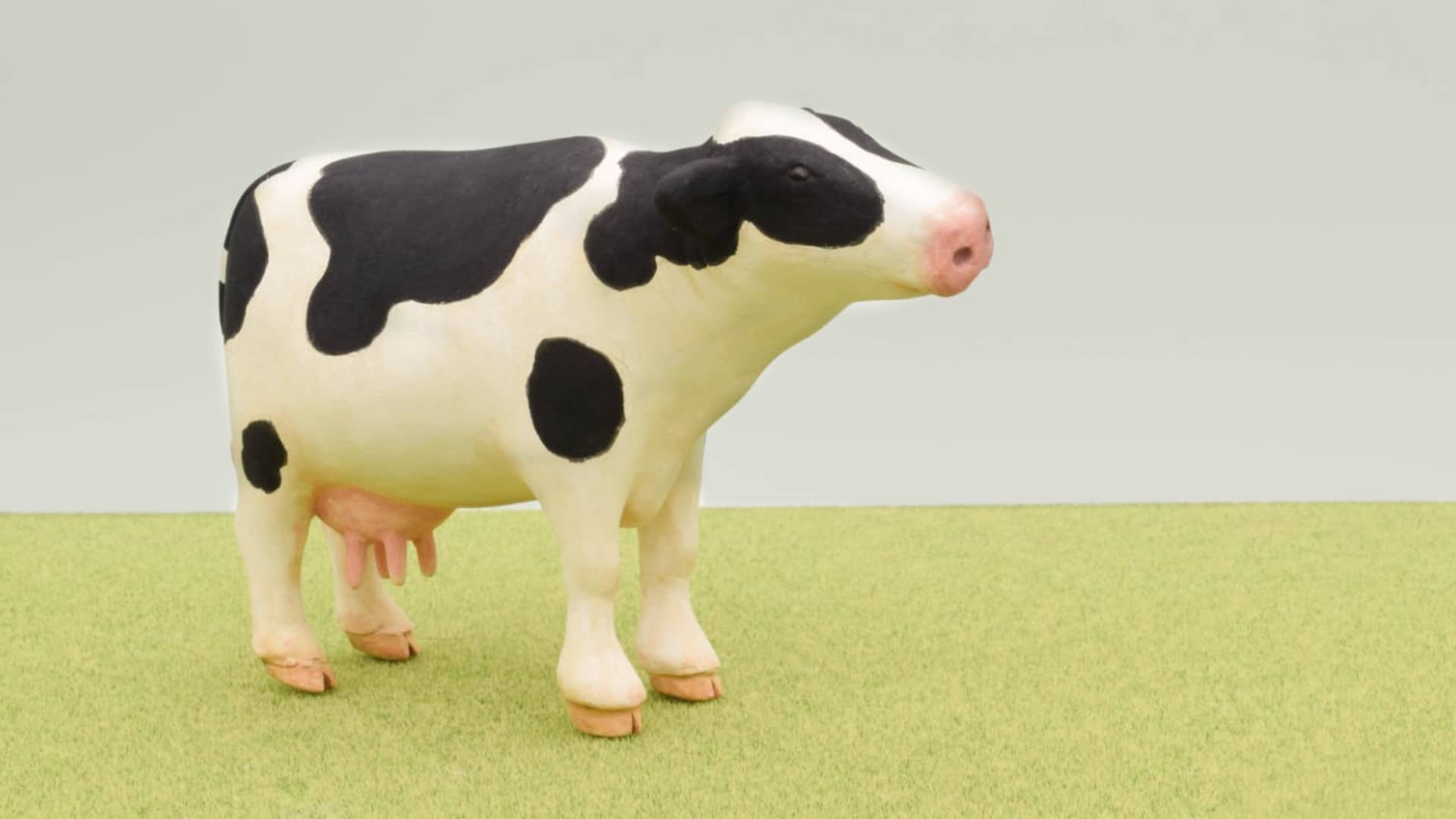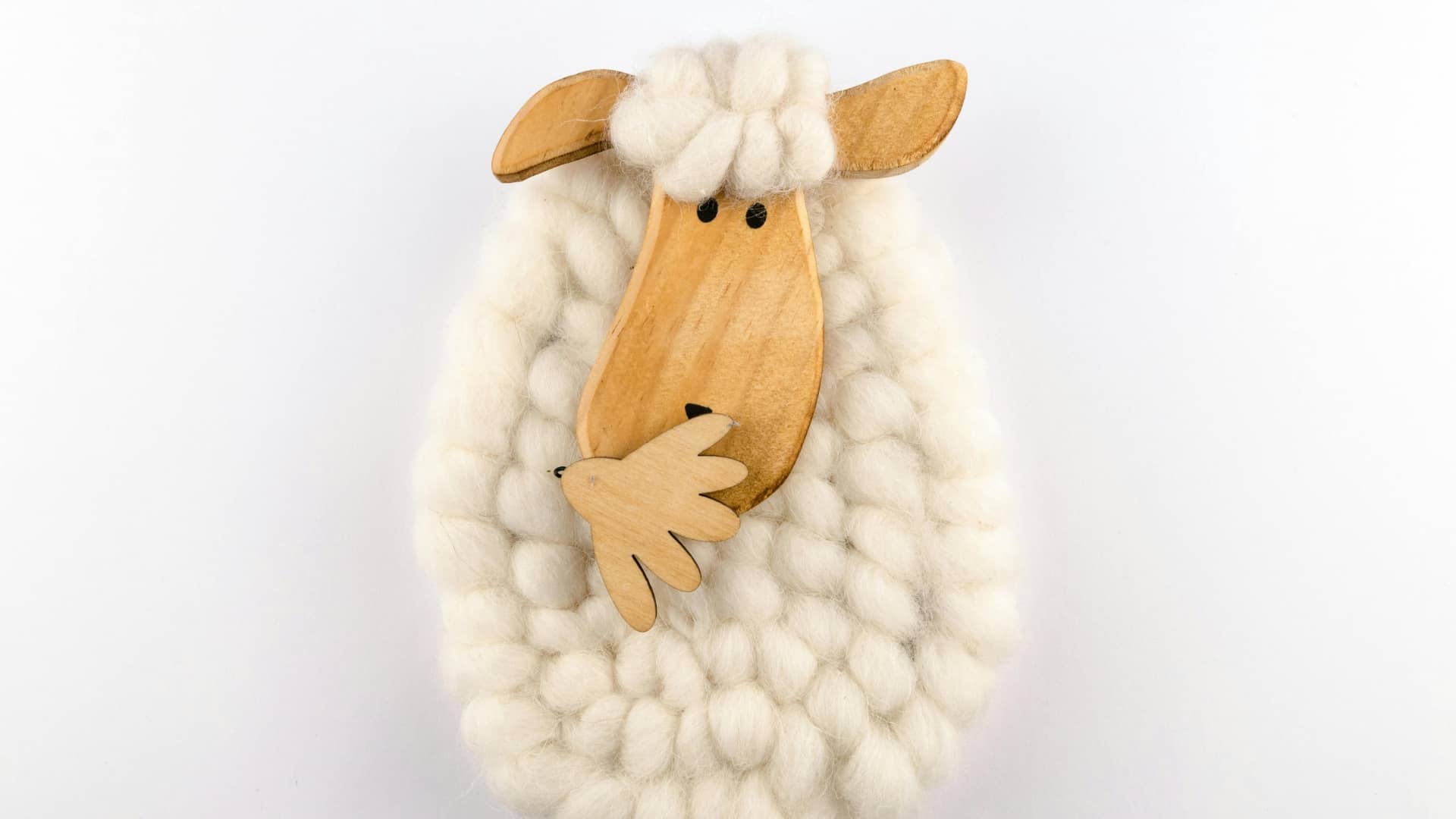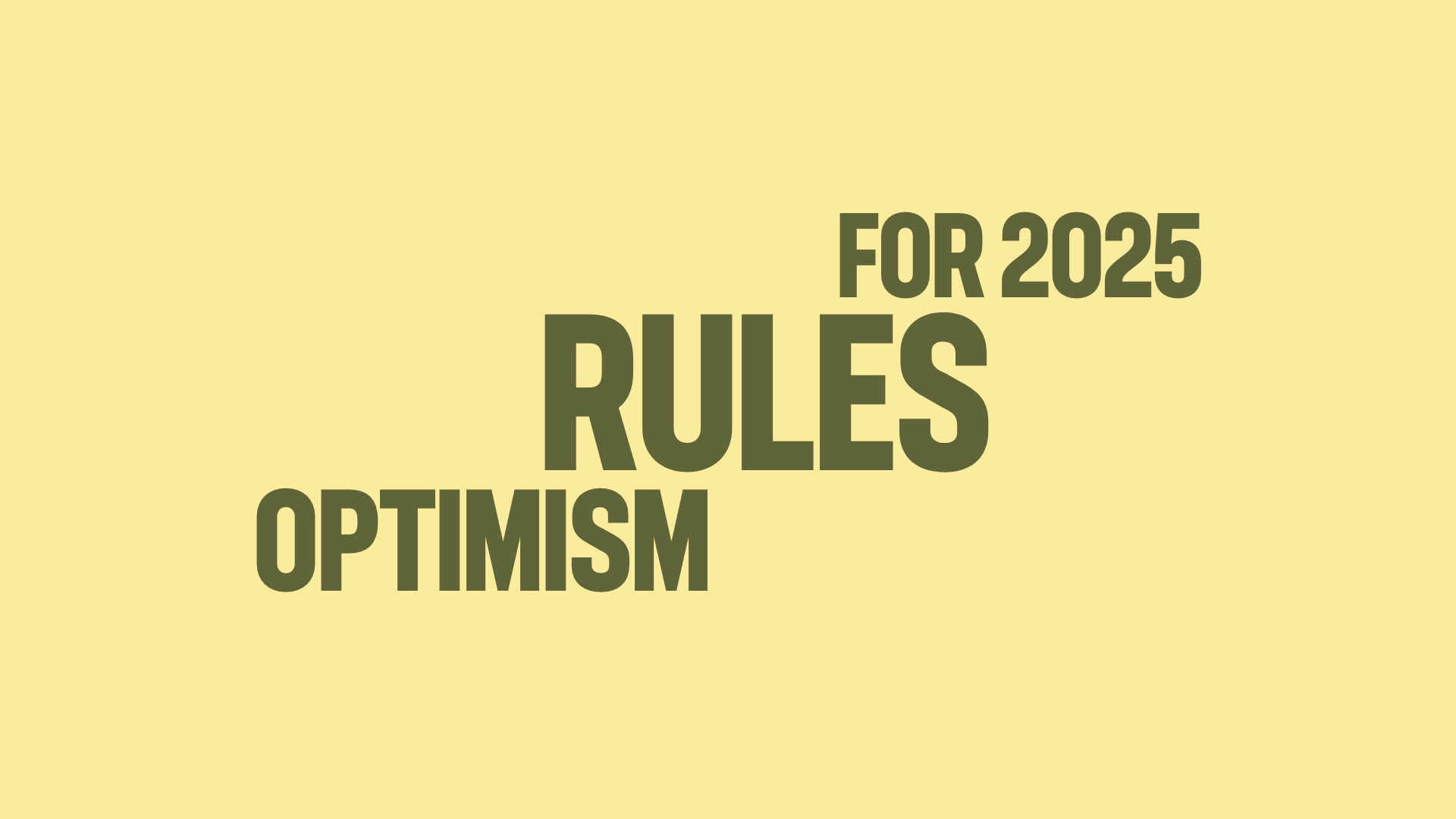Carbon Neutral Farming, is it Such a Big Deal?
November 2020

In a recent article by Michelle Finger, grazier, Clermont entitled “Is carbon neutral really the right path for red meat?” she seems to question if it’s a worthwhile goal on the basis that most Aussie consumers already think their farmers do a great job i.e. if they think farmers do a great job, why bother trying to hit zero? Well with 65% going to export what locals think doesn’t matter as much as the international markets do. And of course the locals are also becoming more environmentally aware.
Under the 2015 Paris Agreement, 196 countries pledged to reduce their emissions, with the goal of net-zero emissions by 2050. Of these, 119 nations committed to specifically cut , 61 specifically mentioned livestock emissions. AU and NZ is among these.
Greenhouse gas emissions:
- AU agriculture contributed 11% of all goods and services exports in 2018–19 yet contributed 14% of national greenhouse gas emissions.
- In NZ farming creates around 50% of the country’s total greenhouse gas emissions
Note: NZ Beef & Lamb’s recent independent research puts sheep and beef farming at zero emissions currently and if that’s so, expect the above figure to change.
NZ and AU export a similar amount of agri products with NZ looking to double it by 2030 to around $90bn, and AU targeting $100bn so we better have a good story to tell which means we’ll have to continue to evolve in our farm management practices.
Ultimately it’s the will of our trading partners and their consumers that will prevail so yes, you could say carbon neutral farming, which encompasses a great deal… sustainability, nitrate leaching, food safety, animal welfare, regenerative farming, traceability, water quality and usage, are important and becoming more-so. Our continued drive into this space, and how we communicate it, becomes increasingly critical.




